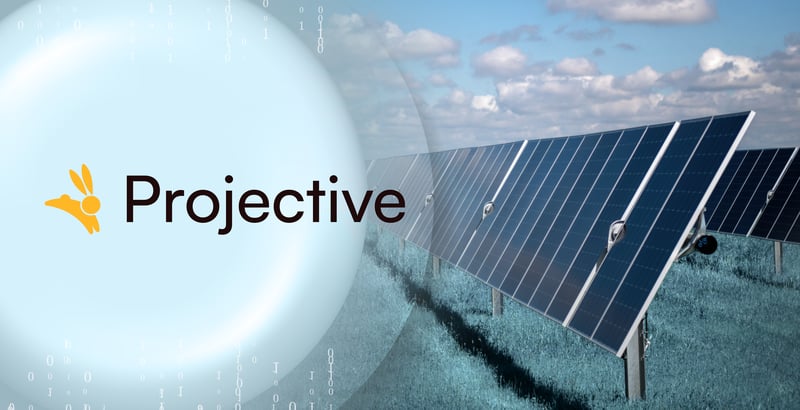Solar Initiatives in Illinois: A $7-Million On-Chain Lending Pool from Projective Finance
DeFi investors can gain direct access to the government-supported renewable energy infrastructure, thanks to Projective Finance’s decision to tokenize municipal loans through Avalanche. Here is how it works.
Key Highlights
The co-founder of Projective Finance, Josh Chinnaswamy, is confident in the project’s success. It aims for full transparency when it comes to dealing with infrastructure loans. Its access benefits are second to none, from lower investment thresholds to no complex fund structures and no need for intermediaries.
Here is what this project is all about:
- Purpose — finance solar installations across school districts.
- Location — Illinois, the United States.
- Loan Structure — executed fully on-chain.
- Technology basics — Avalanche blockchain at its core.
- Best for — those interested in direct exposure to public infrastructure, especially for DeFi investors.
Government-Backed & Low-Risk Investment Access
With the help of this initiative from Projective Finance, accredited investors can support renewable energy projects with ease. The goal is to install thousands of megawatts of operating solar capacity across the state. The investment method lies in contributions made using USDC stablecoin. All the operations take place on a scalable and open-source Layer-1 blockchain, designed by , with over successful transactions.
The State of Illinois is a guarantor of this lending pool, while all credit ratings come from . Overall, it is a huge contribution to the state’s energy independence.
Financing Bottleneck for the U.S. Solar Market
Back in 2024, solar and wind energy sources for electricity generation in the USA faced a breakthrough — they surpassed coal for the first time in the country’s history, i.e., . In the first quarter of 2025, the capacity of direct current installed by the US solar industry was 43% lower than during the fourth quarter of 2024, having reached only 10.8 GWdc, according to .
Although its share keeps increasing, the rapid expansion of the infrastructure isn’t at its peak. The lack of traditional financing is to blame for hundreds of projects that can’t operate effectively for the further development of the industry.
Given that standard loans can’t keep up with decentralized demand, Projective Finance has found an excellent solution. Tokenization of the system allows for its enhanced transparency, streamlined efficiency, and greater accessibility for potential investors and supporters. In the long run, it will help reduce the number of canceled or postponed solar installation initiatives.
Projective Finance isn’t the only revolutionizer of the industry. Enel Group, an Italian green energy company, has also tested the efficiency of renewable energy investment tokenization — Algogrand for a new leap of the RWAs. In the future, more tokenized products on blockchain will enable direct funding for school solar projects.
